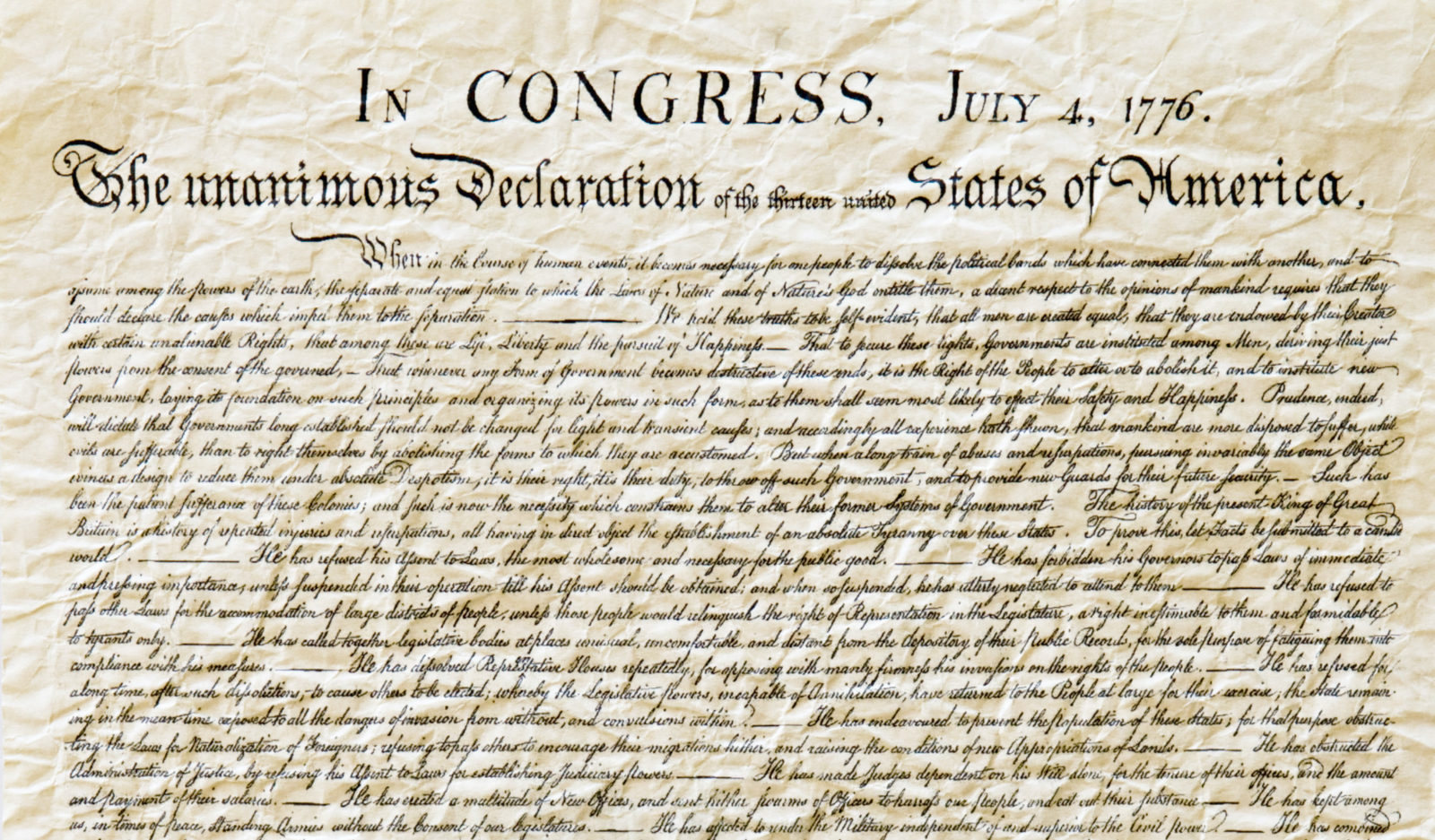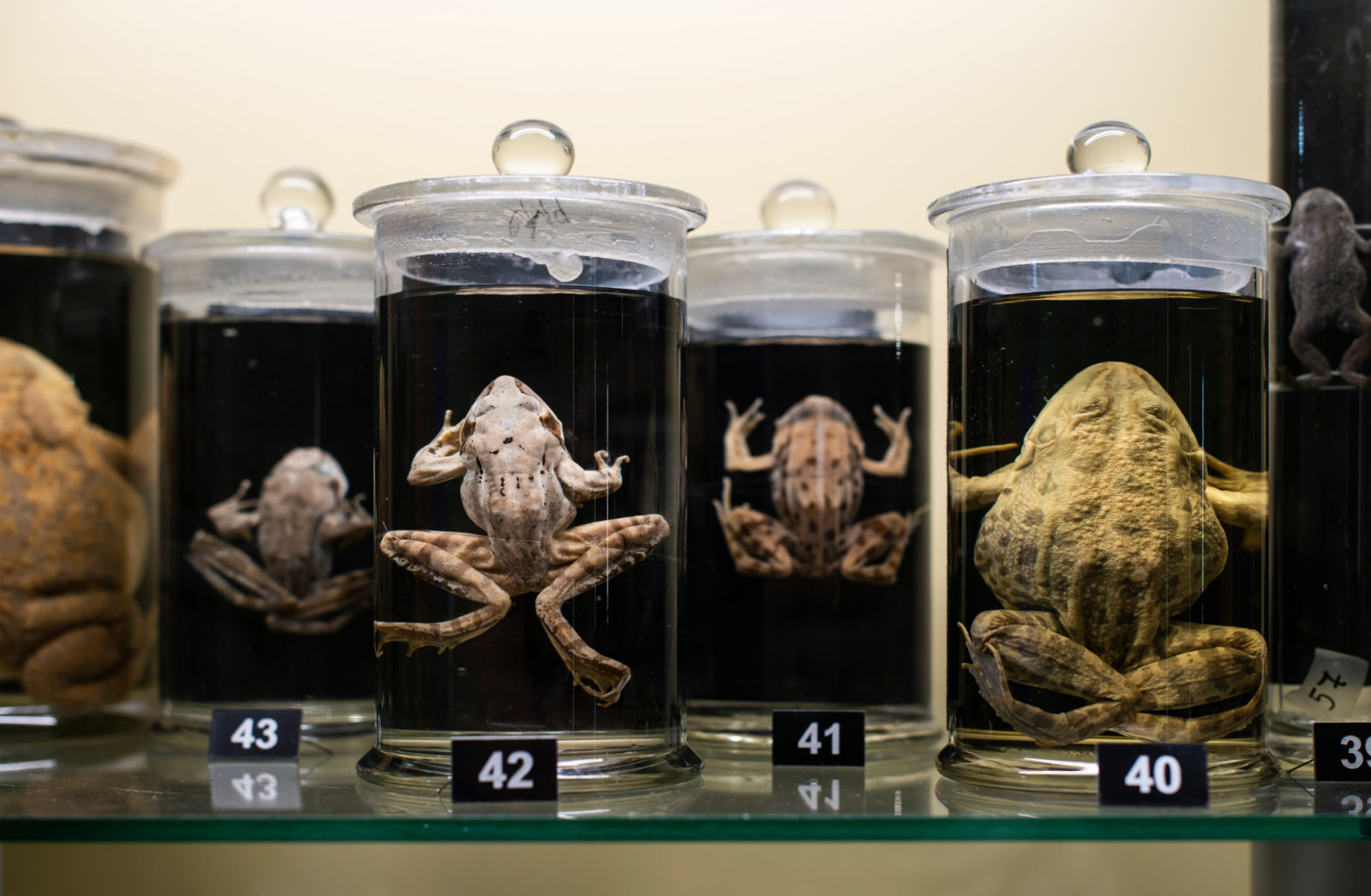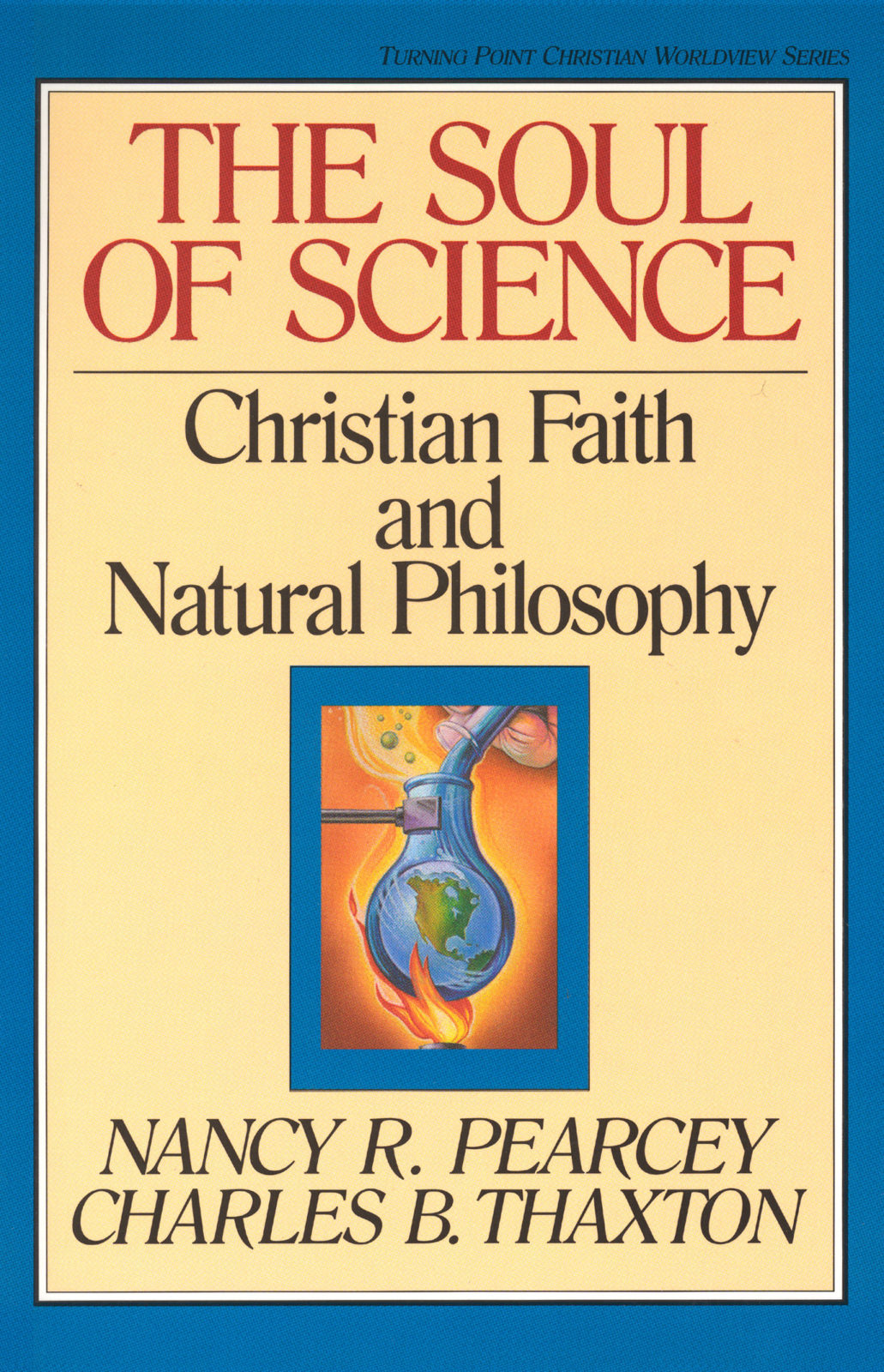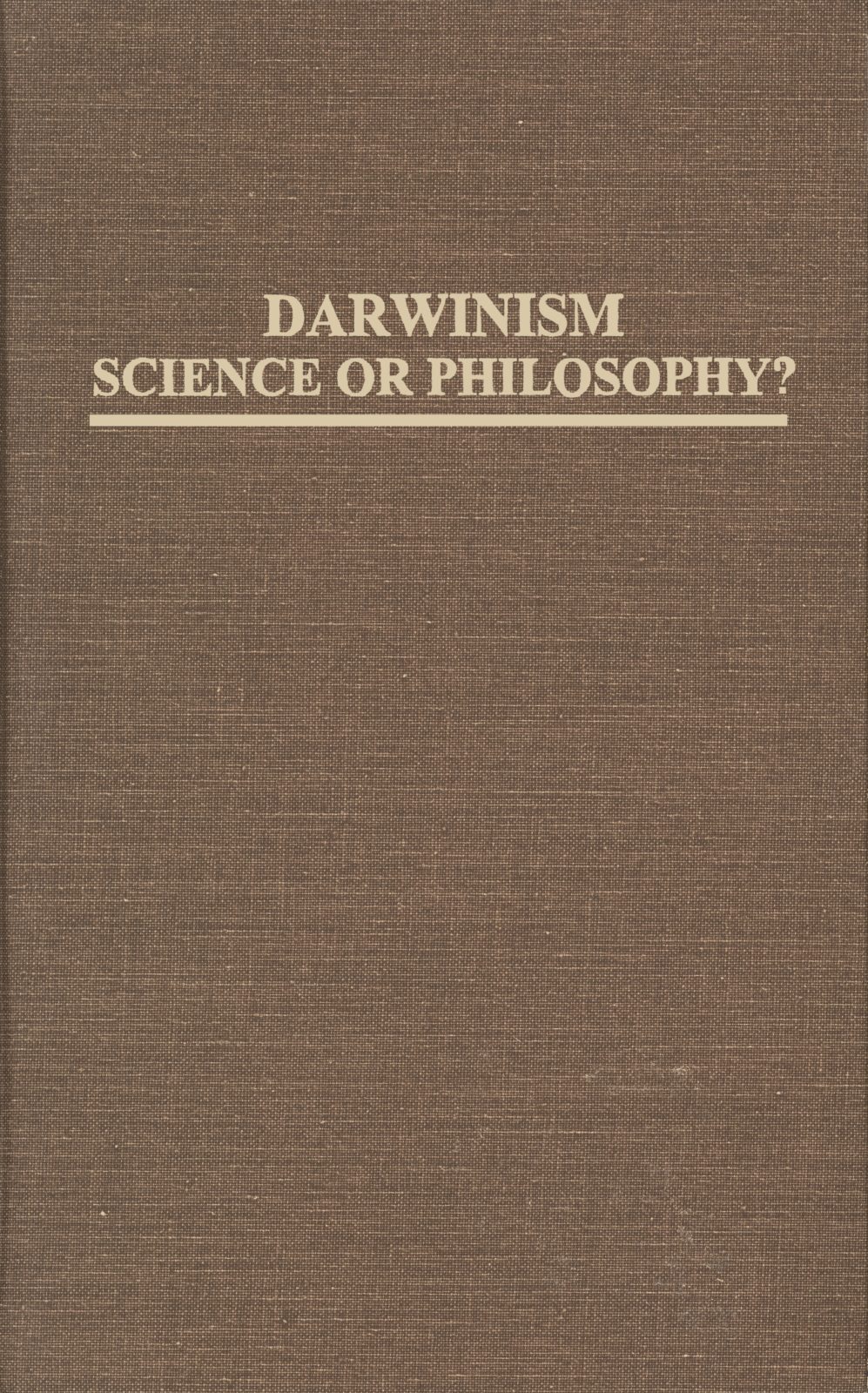Darwin’s dirty secret
Evolution and its moral implications--including the "scientific" basis for rape--come as a package deal
Read More ›The Center for Science and Culture
Evolution and its moral implications--including the "scientific" basis for rape--come as a package deal
Read More ›In his earlier book, Darwin on Trial, UC Berkeley law professor and former U.S. Supreme Court clerk Phillip Johnson took on the scientific establishment. In Reason in the Balance, Johnson spars with those of his own kind, and exposes how the legal establishment has adopted naturalistic assumptions in its thinking to exclude any mention of a creative intelligence. Johnson, who is also Read More ›

When House Speaker Tom Foley and his GOP challenger George Nethercutt debate next week at the Gonzaga University Law School more than just Spokane will be watching-and with good reason. CPAN’s decision to carry the debate nationwide reflects a growing sense that something almost cataclysmic is happening across the American political landscape from Ted Kennedy’s Massachusetts to Tom Foley’s Eastern Read More ›

In the last several decades both philosophy and theology have increasingly taken a “contextual turn.” The contextual turn begins with the observation that all of human inquiry occurs within contexts. By itself this observation is perfectly innocuous. It is patently obvious that each of us thinks and moves within certain social, linguistic, and epistemic contexts. We are not disembodied spirits Read More ›



A metanarrative has become ingrained in our culture which states that science is the means by which we threw off our religious superstitions and entered a brave new world of reason and progress. Does this metanarrative itself need to be overthrown? In this work Discovery Institute Fellows Nancy Pearcey and Charles Thaxton explain how Christian theism has played a vital Read More ›

This volume presents papers presented at an early conference at Southern Methodist University in 1992 which was a landmark event in uniting scholars who now make up the intelligent design movement. Phillip Johnson, Program Advisor for Discovery Institute’s Center for Science and Culture, explains that evolution is based upon assumptions of naturalism, which are often unsupported by the evidence. Johnson Read More ›
Introduction: How is this becoming a “current problem”? The notion of “intelligent design” for explaining what we see in the world of living things — including ourselves — is becoming a matter of open controversy of late. For example, in policy statements from the National Association of Biology Teachers and the National Science Teachers Association (available on the Internet), you’ll Read More ›